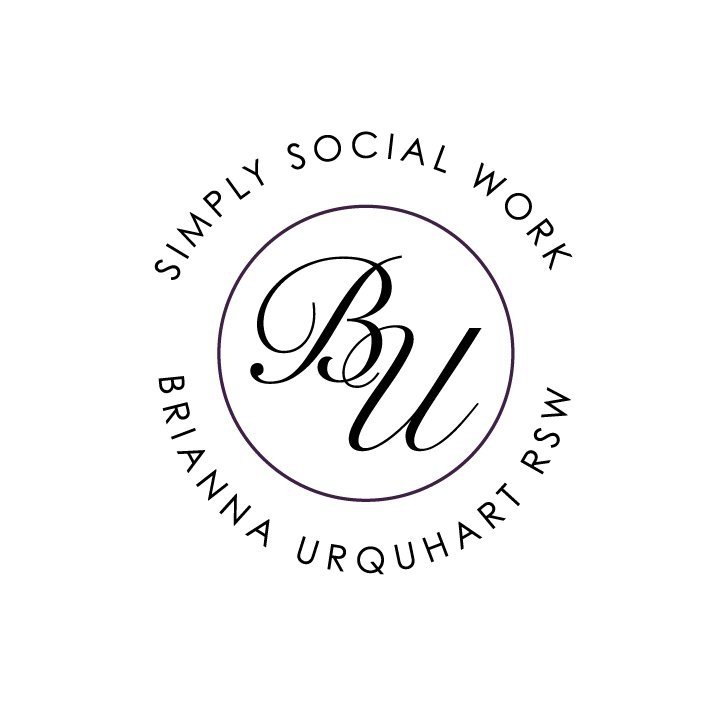5 Ways to Participate in Earth Day
Earth Day is both one of my favourite and one of the most intimidating awareness days. Our planet is facing a climate crisis that is only steadily worsening, and I know I’m not alone in sometimes feeling a little helpless on how to save it. Approximately 2% of the world’s elite corporations make up 98% of our carbon emission and pollution problems; if this does not change soon, it will have irreversible and devastating consequences on the earth.
Yet those of us concerned are labeled “eco-warriors”, usually said with a negative connotation, when we try to advocate or fight for the sweeping reforms that science has shown that we need. It can be frustrating.
Let’s turn our focus away from the big scary problem of “how do we save our planet?”. That’s an overwhelming question. Instead, this Earth Day I encourage you to break that massive challenge down into a much smaller question: “what actions can I take today to work towards change?”
Educate Yourself
We live in an age where so much information is available at your fingertips! New to sustainable living or the complexities of the climate crisis? Maybe this Earth Day can be all about learning for you.
Documentaries - you’re scrolling Netflix or Disney+ anyway!
Podcasts or Videos - you’re already on your phone!
Books - visit your local library to make this even more sustainable
Reach out to a friend - do you know someone who prioritizes sustainable living or is an environmental advocate? Ask them for information.
Attend an Earth Day webinar, seminar, or MasterClass - or sign up for an upcoming conference or event!
Even if you are already trying to live a sustainable lifestyle, there are still always new findings to learn about or topics to improve our knowledge on.
Educate Others
If you live a sustainable life and have a good grasp of the climate crisis, then maybe this Earth Day you could share your knowledge! And, no, I don’t mean sending out lecture messages to your unsuspecting contacts. What I do mean is to have conversations with others who are discussing the environment this Earth Day, whether that be on social media, in your home, at work, or in your community.
Speaking of social media, your social (and, if it applies to you, professional) platforms are a great resource for spreading awareness on Earth Day. You can share the knowledge of trained professionals, organizations, and advocates. You can promote other advocates. You can share your knowledge and experiences. You can also share encouragement, foster curiosity, and hopefully motivate others to ask questions or get involved.
Donate
If you want to be more involved than learning or discussing, but can’t participate in any Earth Day activities today (which, in this case, I encourage you to do the next available day! Saving the planet is 365 days a year!), consider donating. There are many organizations, research centers, and places that desperately need funding to continue the work they are doing. Even a small donation can go a long way!
Note: if you opt for the donate root, please make sure you do your research! Just because a profile is being shared online does not mean that it aligns with your goals, is reputable, or is even legitimate! So check it out first.
Volunteer
If you get the chance, I highly recommend getting your hands dirty and doing some volunteering. Many organizations have annual events every Earth Day for actively doing something for the environment or to spread awareness. Communities and schools also usually have volunteer opportunities to do some important work in your own neighbourhood.
If time is a barrier to you, I hear you. As a small-business owner and caregiver, the concept of “free time” often feels far away. So if you can’t commit several hours or a whole day to join a structured event, that’s okay! Do one thing. Plant one tree, or one flower that will pollinate (save the bees!), or pick up some trash on your street.
5. Participate in a Boycott OR Consume Mindfully
Through step #1, you may have learned that a product you normally use contains a problematic ingredient (such as palm oil), or is made by a company who is actively engaging in exploitative behaviours. Today, I encourage you not to turn away from the ugly truth. Face it!
It’s a disappointing and frustrating thing to learn, and it leaves you faced with the following choices:
Consume anyway
Consume mindfully
Boycott and (where possible) find an alternative
Living a more sustainable life does unfortunately often mean small sacrifices, and not everyone is ready to make the leap everytime they learn something about a product, service, or place. That’s okay. If you’re not ready to participate in a boycott, you can start by taking an inventory of your life, critically examining what your sustainable habits are and some ways that could use improvement. Even reducing or consuming mindfully is a helpful step in the right direction.
What matters is the small actions we take everyday towards caring for our planet.


